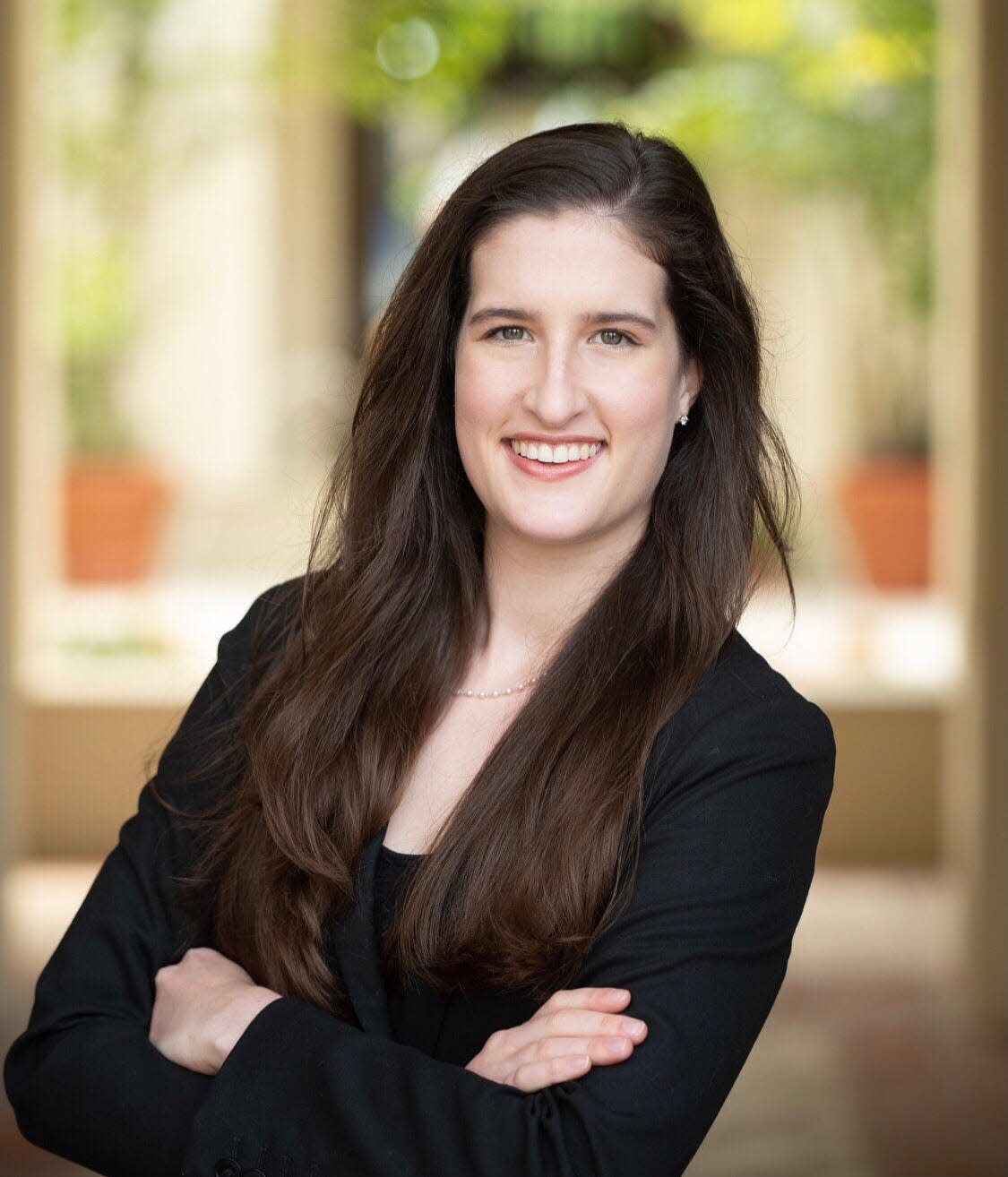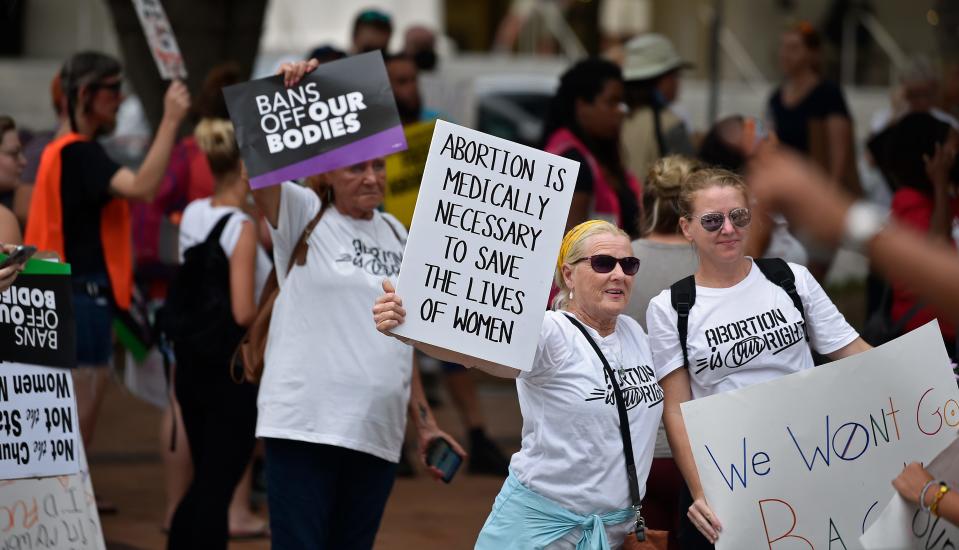Overturning Roe puts Florida's sex-trafficking survivors at risk

I am here because my mother had an abortion. At conception, the fetus started to grow around her IUD and there was a high risk for fetal abnormalities. But today I have fewer rights than my mother did – now that the Supreme Court has overturned Roe v. Wade.
During my life, there have been three times when I’ve felt like my choice and bodily autonomy were taken away. The first time was when I was molested at age 16 by a friend. The second time was when I was sexually harassed and assaulted by male students at school at age 17. And the third time occurred on June 24, 2022 – when the Supreme Court took away the constitutional right to an abortion.
All three experiences triggered dissociation, intense sadness and a sense of hopelessness. My body does not feel like it belongs to me. I grieve with so many women, girls and others who will be physically, emotionally and financially impacted by the Supreme Court's decision.
Some will travel hundreds of miles to get care. Others will take their own lives. And others will be murdered by their abusers or face the long-term health consequences of unsafe abortions. All will suffer. But the most vulnerable among us will suffer the most.
Our country is now forcing people to carry pregnancies to term that may be unwanted for various reasons. Many state bans make no exceptions for cases of incest, rape or human trafficking. And Florida, where I grew up and still live, is among the states seeking to enforce draconian, "no exception" laws.
As a young woman, an anti-trafficking advocate and a leader of the World Without Exploitation Youth Coalition – which is a movement that works to prevent and end commercial sexual exploitation – I know that eliminating and restricting safe abortions will further marginalize and entrap sex-trafficking survivors. The bottom line is these abortion bans will cause some trafficking victims to die, and others to be further victimized.
I was shocked but, sadly, not surprised when state Sen. Iliana Garcia spouted false narratives and misinformation when recently discussing human-trafficking victims. Garcia had the audacity to claim that banning abortions would actually help a sex-trafficking victim because if she became pregnant, her traffickers would have no desire to use her anymore and would "release her from the human-trafficking ring.”

Garcia’s distorted take is far from reality and imposes dangerous, inaccurate ideas. The truth is abortion bans will not help victims escape; rather, they will have the opposite effect. The fact is that the young children of sex-trafficking victims are often used as leverage by traffickers to force women to stay in “the life,” and to further restrict their ability to exit the sex trade.
Banning safe and accessible abortions will also negatively impact marginalized people. Forced parenthood will actually push vulnerable women and girls into the sex trade to be able to provide basic necessities for themselves and their children.
The current reality is quite grim, and especially now that Florida Gov. Ron DeSantis has proclaimed that he will expand "pro-life protections” in the wake of the Supreme Court ruling. Thankfully, a Florida judge has ruled that a new state law banning abortions at 15 weeks is unconstitutional – and has also temporarily blocked the law from taking effect. But that is merely a small sliver of good news during these dark times.
No one should ever be forced to have a child, and especially not someone who is being trafficked.
Florida must not fail the survivors of sexual violence and exploitation by limiting their rights. Many of their rights to having control over their own bodies have already been taken away. The right to choose whether to have a child should not be among them.
Caitlen Macias is a Florida resident and a student at the Columbia School of Social Work. She is the chair of the World Without Exploitation Youth Coalition, a national movement to end human trafficking and sexual exploitation through education, advocacy and awareness.
This article originally appeared on Sarasota Herald-Tribune: Florida must not turn its back on sex-trafficking survivors

